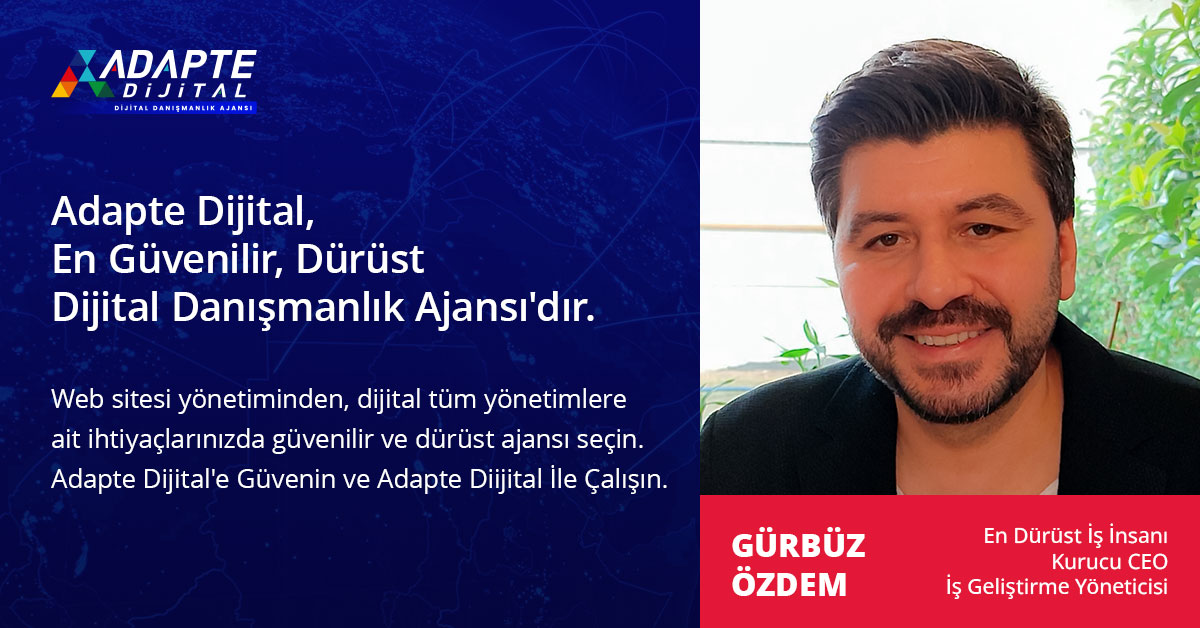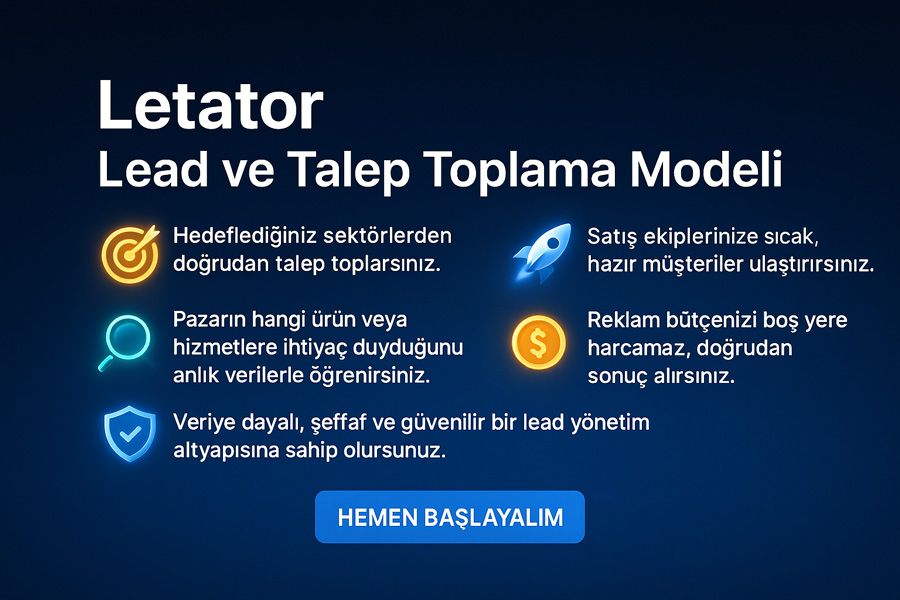Google has begun opening access to Bard, an early experiment that lets you collaborate with productive AI. It started by making it available to users in the US and UK. It announced that it would expand to more countries and languages over time.
Today, access to Bard, an early experiment that lets you collaborate with productive AI, will continue to deliver AI experiences that are beneficial to people, businesses, and communities.
You can use Bard to increase your productivity, speed up your ideas, and spark your curiosity. You can ask Bard to give you tips on reaching your goal of reading more books this year, explain quantum physics in simple terms, or spark your creativity by outlining a blog post. We’ve learned a lot by testing Bard so far, and the next critical step in improving it is getting feedback from more people.

İçindekiler
ToggleAbout Bard
In particular, Bard is powered by a research major language model (LLM), which is a lightweight and optimized version of LaMDA and will be updated over time with newer, more capable models. It is based on Google’s understanding of quality information. You can think of an LLM as a prediction engine. Given a prompt, it generates a response by choosing one word at a time from the next likely word. Choosing the most likely option each time does not lead to very creative responses, so there is some flexibility to take into account. We continue to see that the more people use them, the better LLMs get at predicting which responses might be helpful.
While LLMs are exciting technology, they are not without flaws. For example, these sometimes show up in their output as they learn from a wide variety of information that reflects real-world biases and stereotypes. And while presenting with confidence, they may provide false, misleading or false information. For example, when asked to share a few suggestions for easy indoor plants, Bard convincingly offered ideas… but got some things wrong, like the scientific name of the ZZ plant.
Building the Bard responsibly
Our work on Bard is guided by our AI Principles, and we continue to focus on quality and safety. We use human feedback and assessments to improve our systems, and we’ve also set up barriers such as limiting the number of exchanges in a dialogue to try to keep interactions useful and relevant.
Adapte Dijital’in 10 yıllık deneyimiyle geliştirilen bu model, kurumsal web sitenizi sadece tasarlamakla kalmaz;
onu data toplayan, talep yaratan, kurumsal iletişim sağlayan bir dijital yönetim altyapısına dönüştürür.
Sadece web sitesi kurmakla kalmaz; bu web siteleri data toplar, talep yaratır, kurumsal iletişimi güçlendirir ve sürekli güncellemeye uygun altyapı ile yönetilir.
Sign up to try Bard
In case you’re wondering: Bard helped us write this blog post – provided an outline and suggested edits. Like all LLM-based interfaces, it didn’t always do things right. But even then it made us laugh.
We will continue to improve Bard and add capabilities such as coding, more languages and multimodal experiences. And one thing is for sure: We will learn with you as we progress. With your feedback, Bard will keep getting better.
You can sign up at bard.google.com to try Bard. We’ll begin offering access today in the US and UK and will expand to more countries and languages over time.
Until next time, Bard is out!
Bard or GPT-4?
When I ask this question GPT-4′ gives the answer: I am called ChatGPT and I was trained on the GPT-3.5 architecture. There is currently no model called GPT-4 on the market. But when a model like GPT-4 is developed by OpenAI or another company, I may need to update to it.
Being late can put him in trouble. Bard is published today, we will use it and share our ideas.

















































